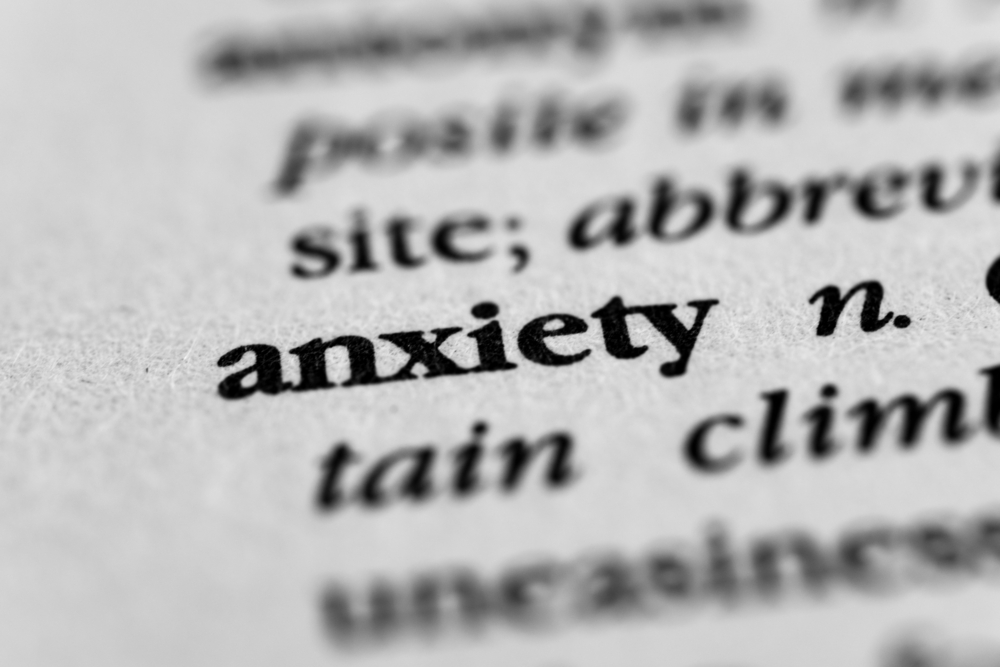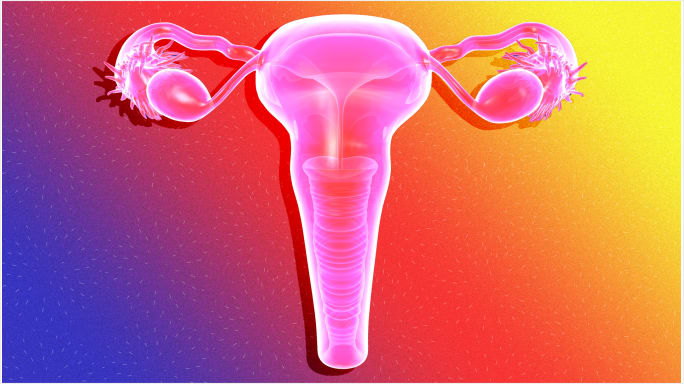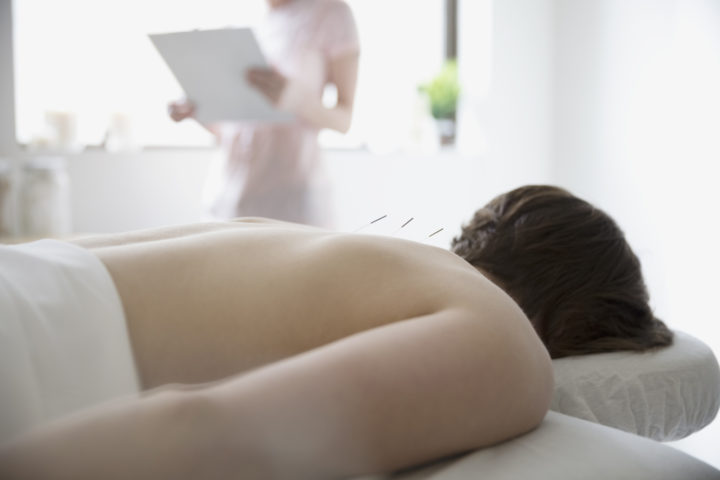Obsessive-compulsive disorder has been a part of me for as long as I can remember. I wasn’t officially diagnosed until early in my college career, but I have vivid memories of being in grade school and crying to my mom at midnight over things that my OCD-riddled brain had convinced me were true when they most certainly were not.
Before I could really understand what was “wrong” with me, my obsessive-compulsive disorder was something I hated with a vicious ferocity. I always felt guilty, had strange compulsions that wasted too much of my time, and was constantly convinced that something I was doing was hurting everyone around me. I felt isolated because I thought no one out there could understand what was going on. Much of my childhood was clothed in fear. I didn’t think there was anything I could do about it and wanted to pretend it wasn’t real.
When I was 19 or 20, I decided on my own volition that it was time to see someone. I was tired of feeling frazzled and had terrible anxiety regularly. I made an appointment with a psychiatrist, and within my first (and only) session with him, he diagnosed me with severe OCD. According to The National Institute of Mental Health, there are 2.2 million adults in the United States who suffer from obsessive-compulsive disorder. Most people who have it are diagnosed before they turn 20. It’s an anxiety disorder, and a time-consuming one at that.
The obsessive part of the disorder deals with unwanted thoughts that you feel like you can’t escape, many of which deal with violence, sex, religion, or staying clean. To try to deal with this, a person with OCD does what are called “rituals,” where they perform acts (such as counting, checking on something over and over, washing hands, etc.) to try and stop the thoughts. These rituals can waste hours and are not in the least bit enjoyable. They may calm someone down, but before you know it, the obsessive thoughts are back, and the rituals have to be re-done. Obsessive-compulsive disorder is an exhausting and never-ending cycle of anxiety and temporary contentment. However, it can (and in my opinion should) be treated with medication and/or therapy.
After years of trying different anti-depressants (commonly prescribed for the disorder), talking to different counselors, and trying to figure out how to deal with it on my own, I’ve finally come to terms that my obsessive-compulsive disorder is not something I can ignore or pretend doesn’t exist. It’s a part of me, and it is a proponent of how I live my life. I’ve learned that the more you run from something you can’t change, the harder it is to face that it’s just a fact of your existence. I have OCD just as I have blue eyes, small feet for my height, and a sarcastic sense of humor. I no longer hate the disorder; I embrace it because it is part of what makes me unique.
Yes, sometimes I wash my hands way too often. Sometimes I’ll waste 10 minutes in the morning making sure the stove is off, even if I haven’t used it in three days. I may occasionally drive back a few miles to make sure that pothole in the middle of the road wasn’t an imaginary animal that I hit. If you’re a friend, I’ll probably (annoyingly) ask you for affirmation on whether or not what I do is okay. But that’s part of me. That’s part of what makes me Annie, the silly, slightly eccentric college graduate who spends a good chunk of her time sitting on her balcony playing ukulele (terribly) or drinking way too much coffee.
I may have to take Zoloft everyday, but I have come to terms with that. I’m perfectly okay with the fact that I have an anxiety disorder. I love myself despite the fact, and hey, at least it makes for some amusing stories.
Cover image courtesy of Shutterstock.




comments